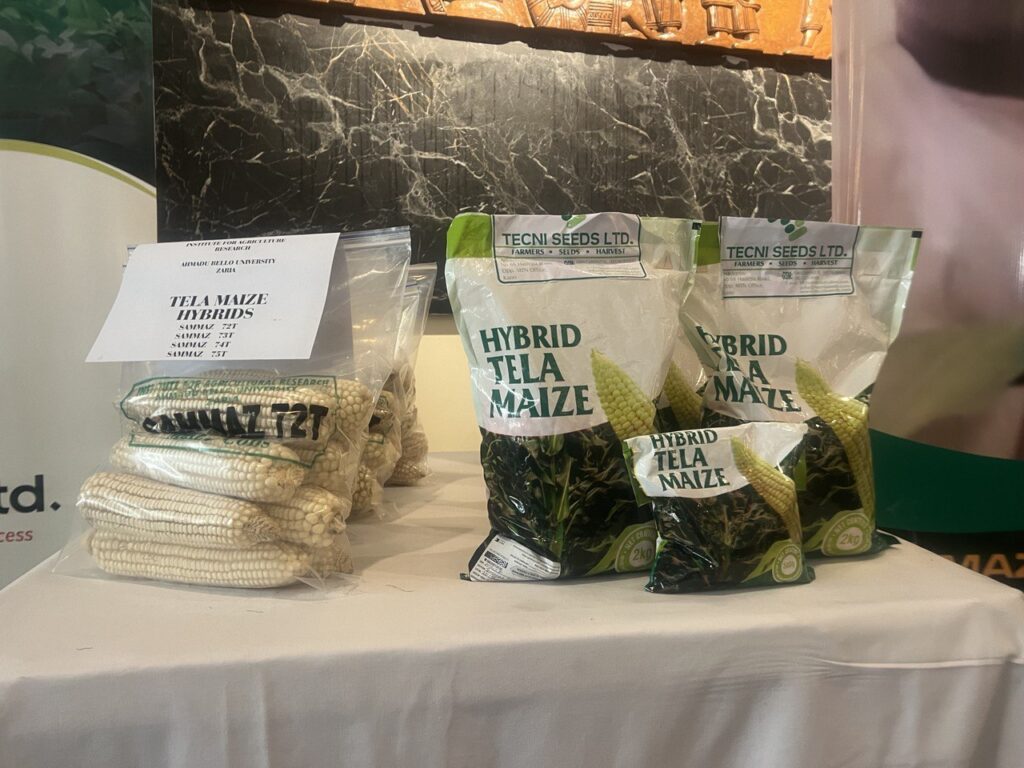Our team of journalists gathered important information on the recent developments in Nigeria regarding the sale of four genetically modified Tela Maize types. The announcement of this commercial release took place in Abuja, Nigeria, on Tuesday, June 11, with the varieties SAMMAZ 72T, SAMMAZ 73T, SAMMAZ 74T, and SAMMAZ 75T being officially introduced.
These maize varieties, approved by the National Varieties Release Committee (NVRC) in January of this year, are specifically designed to combat issues such as drought, stem borers, and fall armyworms. The potential benefits that these genetically modified maize types offer could potentially double Nigeria’s maize production output, impacting the agricultural sector in a significant way.
The drive towards sustainable food security in Nigeria and the broader West African sub-region is being spearheaded by innovative technologies such as the Tela Maize Project. This initiative, which began over five years ago and gained momentum in 2019, aims to address critical challenges faced by African farmers, including resilience against drought and pests like stem borers and fall armyworms.
The importance of these genetically modified maize varieties goes beyond just increasing crop yields. With proper agronomic practices, the potential for high yields with Tela maize is substantial, potentially reaching up to 10 tonnes per hectare compared to the existing three tons.
Furthermore, the launch of Tela maize in Nigeria has received support from the African Agricultural Technology Foundation (AATF), showcasing a commitment to empowering Nigerian farmers with advanced and resilient crop varieties to enhance agricultural productivity and profitability.
This groundbreaking agricultural development mirrors similar efforts in countries like Ethiopia and Mozambique, where the Tela Maize Project is expected to yield positive results in the near future. The dissemination of the technology to various sub-Saharan countries, facilitated by AATF, creates a ripple effect of innovation and progress across the African continent.
Looking ahead, it is crucial for other African nations to take inspiration from Nigeria’s strides in biotechnology and explore the potential benefits that genetically modified crops can bring to their agricultural sectors. By embracing innovative technologies and fostering a culture of sustainability in agriculture, nations can work together towards a food-secure Africa and a prosperous future for African farmers and communities.
